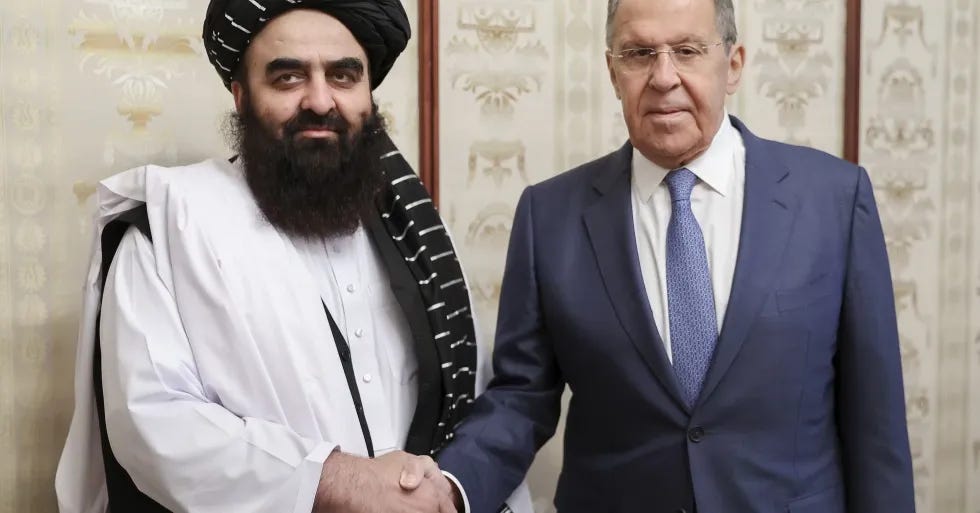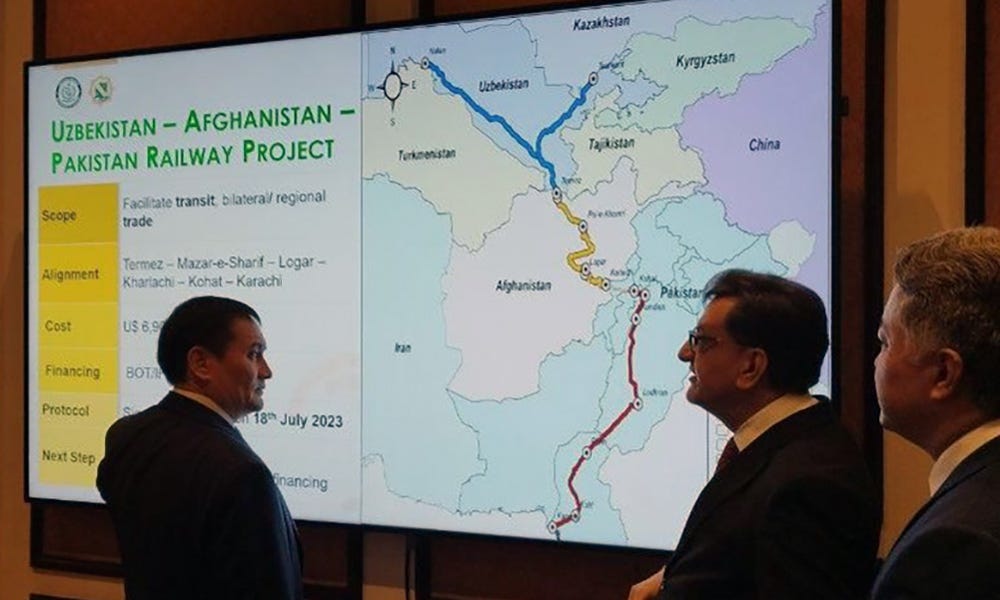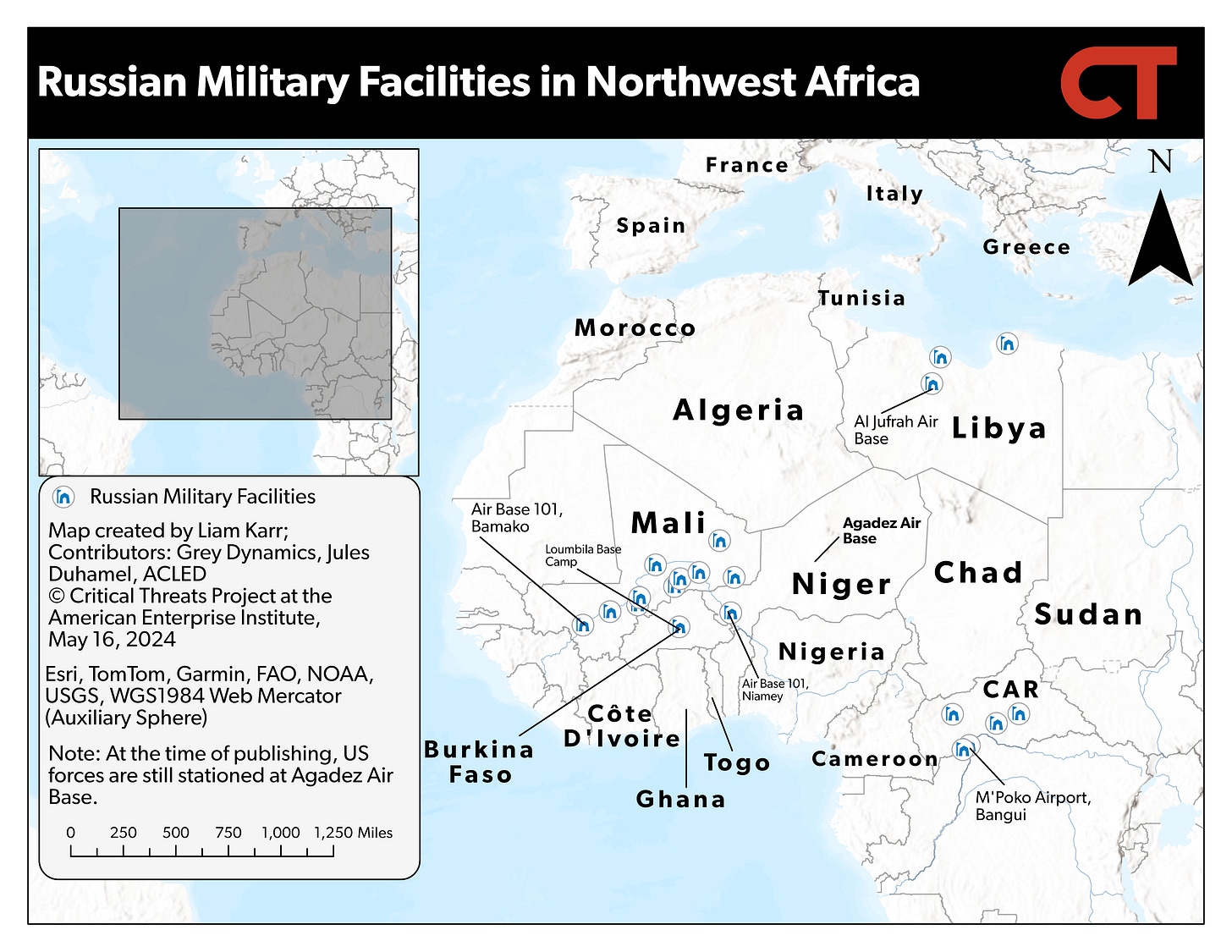Russia Recognizes Taliban: Game-Changer in Central Asia
Discover how Moscow's bold move reshapes Central Asia’s balance, boosts Eurasian integration, and redefines state legitimacy in the post-U.S. order.

Russia’s formal recognition of the Islamic Emirate of Afghanistan on July 3, 2025, represents a deliberate and strategic turning point in the trajectory of its foreign policy. This move is driven by a recalibration of geopolitical priorities in light of a structural void left by the retreat of the United States and its allies from the region.
The Kremlin’s decision reflects a consistent pattern in Russian statecraft that prioritizes tangible positional advantage. The recognition of the Taliban stems not from approval of their governance model, but from the material reality of their enduring presence in Afghanistan and their ability to engage in transactional diplomacy. For Moscow, the decisive criterion is whether an actor can deliver operational stability and strategic returns.
This policy shift is the culmination of a long-term, incremental evolution in Russia’s approach to Afghanistan. This process was initiated after the Taliban’s return to power in August 2021. Since that time, Russia has maintained its diplomatic presence in Kabul, kept open its embassy, and acknowledged Taliban diplomqts.
The Supreme Court’s removal of the Taliban from Russia’s list of proscribed terrorist organizations in April 2025, followed by their public inclusion in prominent Russian economic forums, reflects a carefully phased strategy. This strategy tested the Taliban’s durability, assessed their willingness to engage constructively, and evaluated the costs and benefits of deeper engagement. The formal recognition is the final expression of a logical sequence aimed at securing Russia’s long-term foothold in a critical geopolitical theater.
Afghanistan’s value to Russia lies in both geography and utility. Geographically, the country is positioned at the crossroads of Central and South Asia, serving as a potential bridge for overland connectivity between the former Soviet republics and major markets in the Indian subcontinent. In strategic terms, Afghanistan offers Moscow access to raw materials, energy transit corridors, and overland trade routes that bypass chokepoints vulnerable to Western naval power.
With Western actors largely withdrawn and the United States disengaged from on-the-ground involvement, Russia perceives a window to reassert influence under conditions that are no longer constrained by American military or diplomatic primacy.
By offering subsidized wheat, oil, and other commodities to Afghanistan (resources in high demand under sanctions and economic isolation), Moscow secures commercial leverage and embeds itself in the country’s emerging infrasturcture networks. These arrangements are not development aid but investments designed to tether Kabul to Russian logistical systems while expanding Russia’s influence over transregional trade.
The Kremlin’s engagement is equally driven by acute security considerations. Russia regards the Islamic State Khorasan Province (ISKP) as a primary regional threat, especially following its role in orchestrating cross-border attacks, including the 2024 Crocus City Hall attack in Moscow. In the absence of a strong Afghan central state, ungoverned territory could serve as an incubator for jihadist actors capable of projecting violence into Central Asia and southern Russia.
The Taliban (ideologically and operationally distinct from ISKP) offer Moscow a practical counterbalance: a government with at least nominal coercive control over Afghanistan’s territory and an interest in suppressing rival jihadist factions that challenge their monopoly on violence.
Russia’s calculus is rooted not in trust or alignment with Taliban objectives, but in the logic of containment. Engagement is viewed as a tool to mitigate threats emanating from an unstable periphery. Furthermore, this engagement reassures Russia’s Central Asian allies that Moscow remains the preeminent regional guarantor of stability, capable of brokering security through both direct and indirect means.
At the same time, Russia’s move has implications for its broader strategic competition with China. Beijing has already entrenched itself in Afghanistan through major investments in natural resource extraction, particularly copper and lithium, and has incorporated the country into the long-term planning of the Belt and Road Initiative. However, China has stopped short of extending formal recognition, preserving ambiguity in its posture.
Russia’s decision to formally acknowledge the Taliban disrupts this equilibrium. It offers the regime a competing partnership model: less financially expansive but more flexible, especially in bypassing Western sanctions and using non-dollar trade mechanisms. Moscow aims to complicate China’s monopoly on influence by inserting itself as a viable secondary partner. This generates bargaining power for both Russia and the Taliban, ensuring that neither is wholly dependent on Beijing’s terms.
Beyond Afghanistan, the political signaling embedded in this recognition is unambiguous. Russia is affirming a doctrine of legitimacy that is rooted in material control, not in constitutional process or international approval. The act of extending diplomatic recognition to a regime that came to power through military conquest undermines Western-led definitions of sovereignty and governance.
In doing so, Russia situates itself among a growing cohort of states willing to redefine the criteria for diplomatic legitimacy based on strategic utility. This mirrors its behavior in various African contexts, where it supports militarized regimes in exchange for mining concessions and geopolitical alignment. The pattern is clear: when institutional order collapses, Russia moves to fill the void.
This approach has a catalytic effect on regional diplomacy. Countries that share borders with Afghanistan or have strategic stakes in its internal order now face a recalibrated landscape. The cost of being the first to recognize the Taliban (a position long avoided due to fear of reputational damage) has already been absorbed by Russia. Now, actors such as China, the United Arab Emirates, Pakistan, and several Central Asian republics may weigh the tangible benefits of formal recognition against increasingly diluted diplomatic risks.
Their decision-making will be governed by the concrete calculus of border stability, economic access, and connectivity ambitions. With Russia’s precedent in place, normalization of relations with the Taliban may accelerate, even if recognition remains staggered across states and forums.
Nevertheless, Russia’s strategic bet is exposed to
Keep reading with a 7-day free trial
Subscribe to Horizon Geopolitics to keep reading this post and get 7 days of free access to the full post archives.









